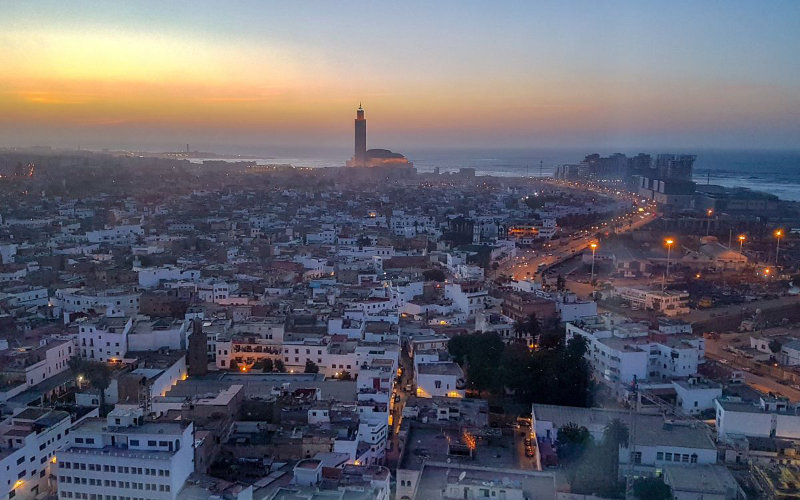Moroccan Mayors Under Investigation: Tax Fraud Scandal Rocks Local Governments

Central audit commissions will be dispatched by the General Inspection of Territorial Administration (IGAT) in several local authorities spread across different provinces and regions of the kingdom in order to shed light on suspicions of tax fraud involving municipal presidents. They are said to have carried out serious manipulations in the local tax registers, in order to illegally exempt owners of sand and clay quarries that supply large brick and ceramic manufacturing plants, in clear and direct violation of the law.
The Casablanca-Settat and Fès-Meknès regions will be the starting point for this mission. The specialized commissions will have to carry out a comprehensive audit of the files, closely monitoring the invoicing flows and all tax operations. It is not excluded that the persons involved in these fraud cases will be brought to justice, "especially if the investigations establish an intentional nature of the manipulations with the aim of making personal gains."
To successfully carry out their mission, the commissions will rely on tangible evidence, including images and videos transmitted by elected officials, which illustrate cases of quarry exploitation located within the perimeter of certain municipalities, without any tax decision having been adopted in this regard, according to sources at Hespress. The visual information obtained from drones belonging to the services of the Wilaya of Casablanca-Settat will also be of great use to them. Thanks to this information, they will be able to precisely locate illegal quarries in full expansion, escaping any tax regime, particularly in the areas of Berrechid, Nouaceur and Médiouna.
Moreover, the confrontation of these images with the registers of the provincial delegations of Equipment and Water has revealed the total absence of declarations or authorization requests relating to these operations. The information gathered also indicates that several companies specialized in the manufacture of construction materials, but also in public works - some of which are operating within the framework of public contracts related to infrastructure - "have engaged in the extraction of sand, clay and tuff from wild quarries," report the same sources, adding that these materials have then been transported to production plants or directly used to supply construction sites and the rehabilitation of national, regional or highway roads.
It has also been noted that these illegal sites have often been abandoned after use, before being replaced by others, without any preventive or safety measures being applied. Another mission entrusted to the audit commissions: to verify the registers of the Equipment and Water counters, in order to determine whether certain companies have taken advantage of the deliberate slowness in processing their authorization application files. This practice could have allowed the completion of quarry operations without having final authorizations.
For the record, Law 27.13, which regulates the operation of quarries in Morocco, provides for financial and administrative sanctions that can go as far as the closure of the site in case of non-compliance with the specifications accompanying the authorization.
Related Articles
-

Ryanair Goes Paperless: Digital Boarding Passes Mandatory by 2025, Morocco Holds Out
9 September 2025
-

Morocco Surges Past Spain in EU Watermelon Market, Exports Soar 53%
9 September 2025
-

Moroccan Tax Evasion Scandal: Illegal Used Car Dealers Exploit Public Spaces in Major Regions
8 September 2025
-

AI-Powered Tax Dragnet: Morocco’s DGI Unleashes Smart Algorithms to Catch Evaders
8 September 2025
-

Morocco’s Tomato Dominance Crushes Spanish Farmers: EU Imports Soar 269%
8 September 2025